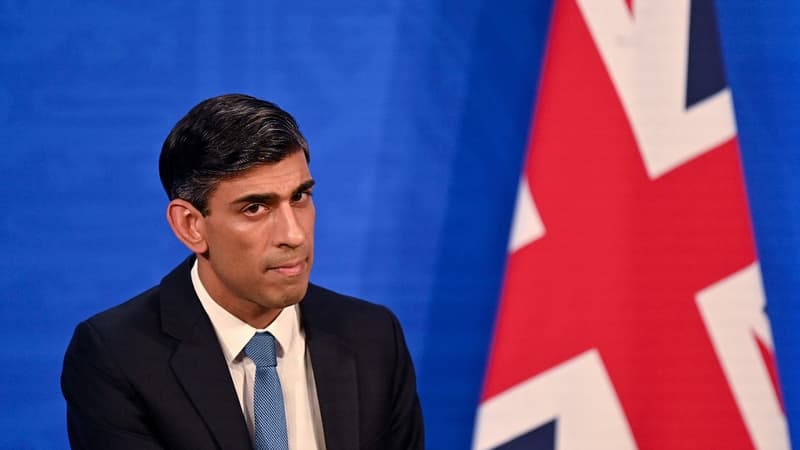UK inflation slowed to 10.1% in January year-on-year from 10.5% in December but remains at historically very high levels and is fueling a severe cost-of-living crisis, the UK NSO said on Wednesday. . The drop in the cost of transport, particularly gasoline, is the main reassuring factor, followed by prices in restaurants and hotels, with furniture prices also falling more sharply than a year earlier during the first month of the year, the Traditional sales period.
Grant Fitzner, chief economist at the Office for National Statistics (ONS), said there were “further signs that the costs facing businesses are rising more slowly, thanks to falling oil and gas ‘electricity’ prices, Among others, however, it highlights that “prices for companies remain high in general, particularly for steel and food,” according to the ONS monthly report.
Fight against inflation ‘far from over’
The Chancellor of the Treasury, Jeremy Hunt, for his part, considered that the fight against inflation, which “strangles growth and hits families and businesses”, is “far from over”, promising the continuation of the government’s cut it in half this year. After a peak of more than 11% in October, “a further drop in inflation in January suggests that the tide has returned to prices,” says Alpesh Paleja, chief economist at the CBI, the main British employers’ organization. However, he believes that the price rally remains strong enough for “alarm bells to continue ringing at the Bank of England” (BoE).
The latter needs more indications that this decline will continue before pausing to tighten interest rates, its governor Andrew Bailey argued last week. The BoE expects inflation to fall to less than 5% by the end of the year, while its target is 2% at most. He signaled at their meeting in early February, after a tenth consecutive rate hike, that he could soon stop raising them if inflation moves in line with these forecasts.
The country’s sluggish growth, which barely avoided recession in 2022 but looks set to head towards it this year, is one factor that could prompt the BoE to end its tightening, but market tensions continue to worry it. Strikes to demand better wages are increasing in the country in the face of double-digit inflation, particularly given an unemployment rate that is still extremely low at 3.7%, and in a context of worker shortages. The pound fell 0.59% to $1.2105 and also lost ground against the euro.
Source: BFM TV


